Covid has impacted our well-being in drastic ways. The uncertainty surrounding it, coupled with a sense of loss of control, can cause waves of anxiety crashing down on individuals. I’ve found myself working more than ever before with an overload of patients struggling with anxiety. From very senior executives to the blue-collar worker on the floor.
Stress vs Anxiety
First, one has to distinguish between stress and anxiety: Usual causes of stress come from an external trigger. Examples can be a deadline at work or a conflict with a loved one. “Anxiety, on the other hand, is defined by persistent, excessive worries that do not go away, even in the absence of a stressor.
Anxiety leads to a nearly identical set of symptoms as stress: insomnia, difficulty concentrating, fatigue, muscle tension, and irritability” (American Psychological Association). Another worrying aspect is that people suffer in silence and do not acknowledge their anxiety. It can aggravate the situation and lead to a clinical condition called anxiety disorder. (The disorder is characterised by the duration and intensity of the anxiety. It is ongoing and intense.) Anxiety is a normal emotional reaction to the overwhelming circumstances in which we often find ourselves. When human beings feel under threat, their bodies react by releasing certain hormones like adrenaline and cortisol. These hormones aid alertness and preparedness to deal with the threat.
Unfortunately, the body reacts in the same ways even when it is just a perceived threat, with the body secreting the same hormones. A process that uses a lot of energy and over an extended period is a burden on energy levels. It leads to what is generally known as the fight\freeze or flight response. Any of these responses need a lot of energy and can leave a person depleted. Unfortunately, the spread of misinformation, information overload, and uncertainty about the future can feed anxiety.
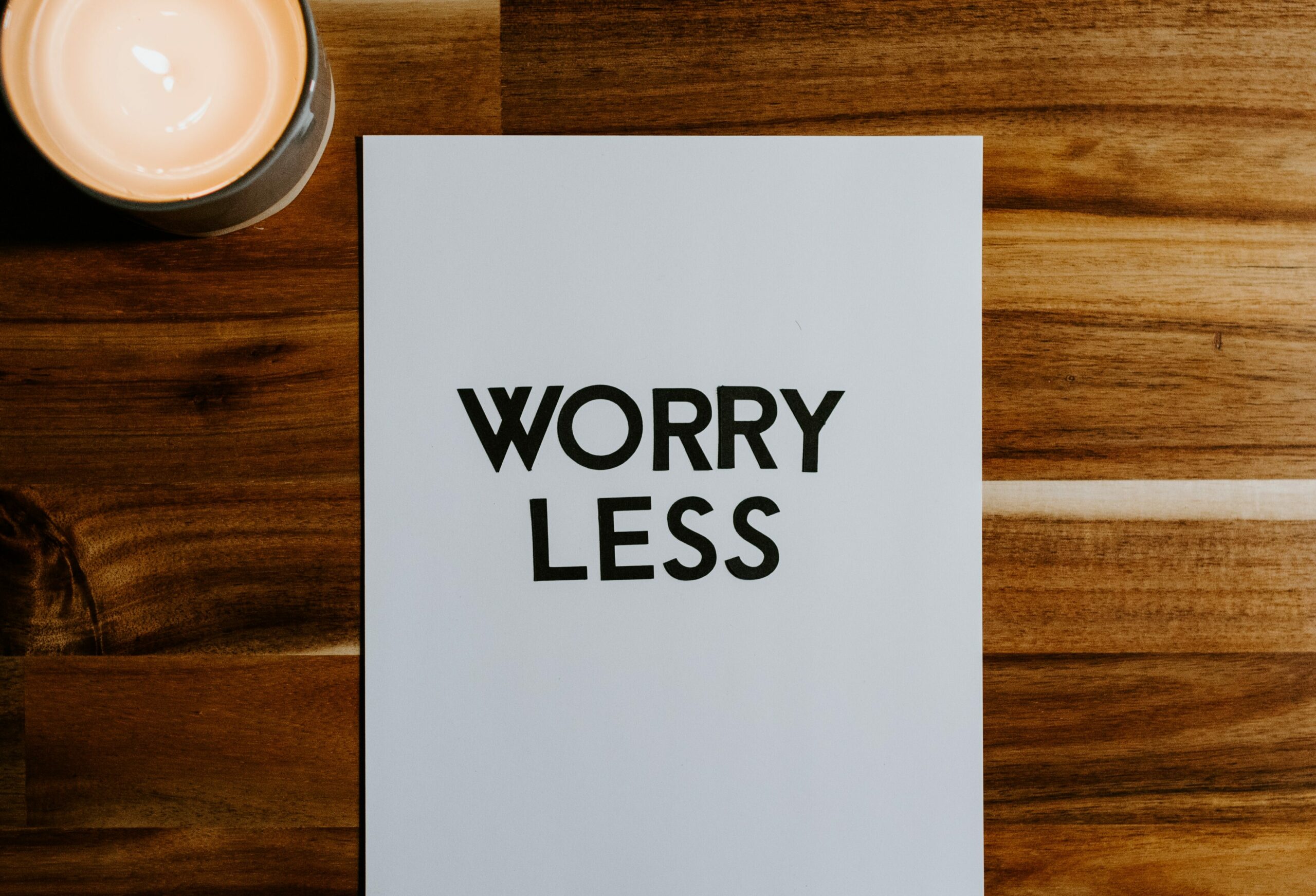
Typical symptoms that anxiety has on the body and the mind
Effects on the body:
- Panic attacks
- Nausea
- General restlessness
- Headaches or other pains
- Sweating or hot flushes
- Disruption in eating and sleeping patterns
- Struggle to breathe

Effects on the mind:
- Feeling weak and vulnerable
- Having a sense of dread or fearing the worst
- Sensing a loss of control
- Constant worrying & irritability
- Feeling insecure and in need of constant reassurance from others
- Feeling disconnected from the world
- Low mood and depression
- Inability to enjoy anything
- Struggle to concentrate
Steps to take action
- Sleep is of the utmost importance in reducing anxiety. Going to bed at a specific time etc.
- Take control of your eating habits and diet. Certain foods stimulate and feed anxiousness. Avoid comfort eating.
- It is vital to do some physical exercise.
- Talk to someone you trust. Avoid isolating yourself at all costs.
- Manage worries. Do not take your problems to bed. Set a specific time aside to focus on the issues that make you worrisome. Write them down on a piece of paper and put it in a “worry-jar” then decide when you will open the jar and deal with the worries.
- Breathing exercises can be of tremendous value as we tend to take shallow breaths when feeling anxious. Focus on inhaling deeper and exhaling longer.
- Keep a diary or a journal. It is a powerful grounding exercise where you can jot down any thoughts that come into your mind. Putting it out there and giving it words removes some of the sting.
- With breathing, you can also do some mindfulness exercises. Check the internet for some examples. Focus on one thing at a time and use all your senses to become fully aware of what you are experiencing.
- Connect with people that you have not seen for a while. Increase your social connection at every opportunity. Reach out to others.
- Start by enjoying the simple things. Get out in nature, go for a walk and become more aware of your surroundings.
- Avoid too much media, including things like news, social media, and the like.
- Analyse your thoughts. Becoming aware of toxic thinking patterns and focusing on the positive.
- Make a daily gratitude list and focus on these things.
- Self-care is crucial. Spoil yourself from time to time. Life is precious, do not waste it.
If you follow the advice above, you’ll be well on your way to combatting the effects of anxiety. It will take practise and patience to not succumb to the emotions that quite possibly feel habitual to you right now. However, it can be done. To get more insight, guidance as well as to have a healthy outlet for the issues that frustrate and stifle your progress you can speak to a psychologist and/or therapist.
Book a free 30 minute consultation with one of our Featured Therapists on Conrati who would be happy to help you on your path to a healthier, calmer state of mind.


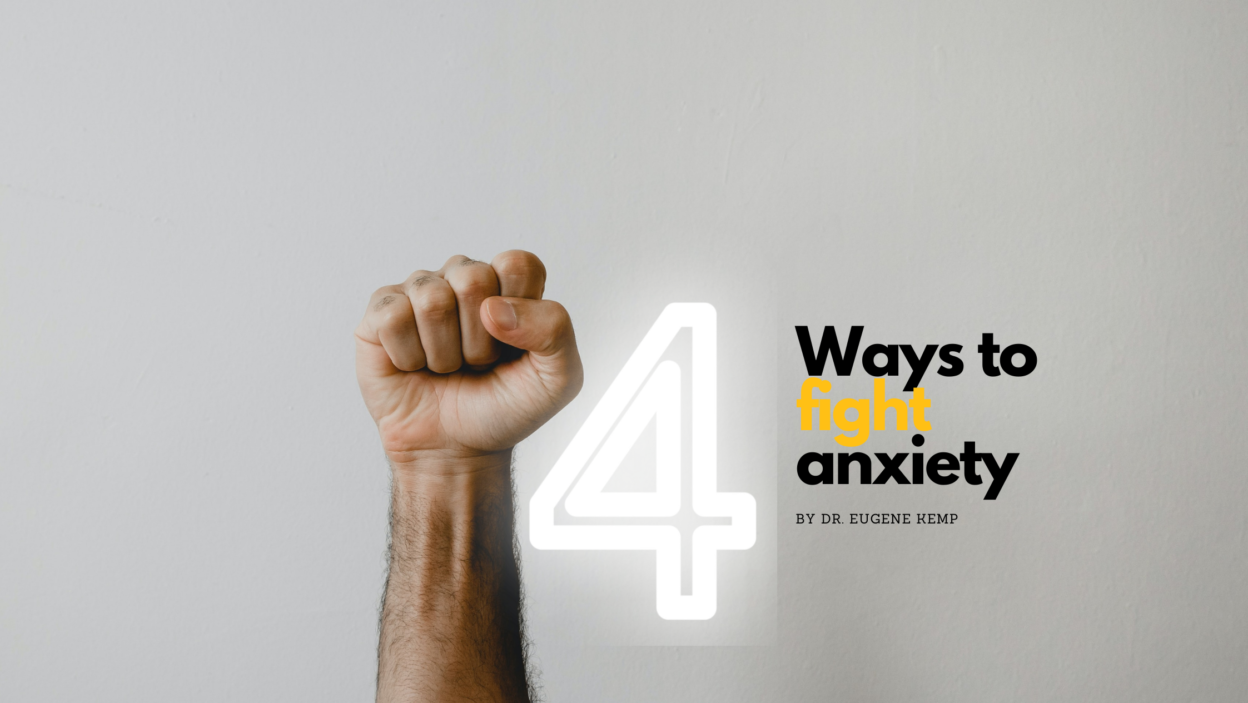
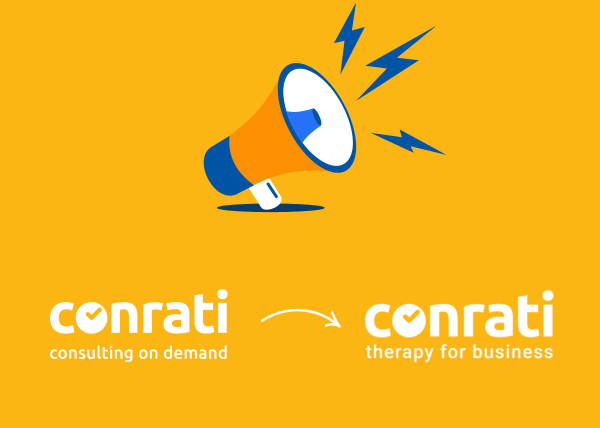
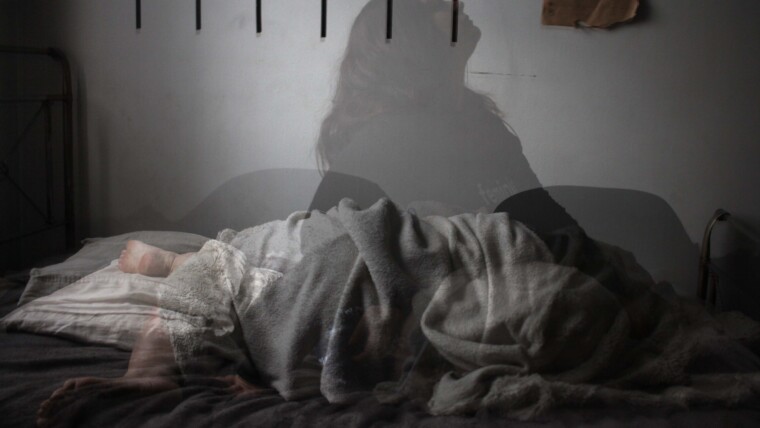
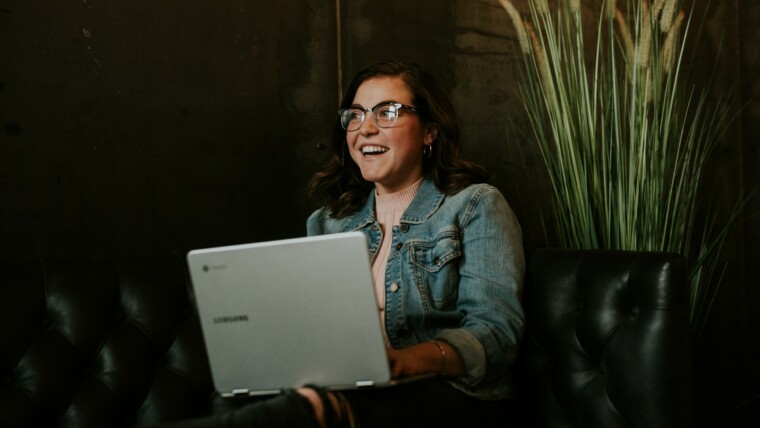
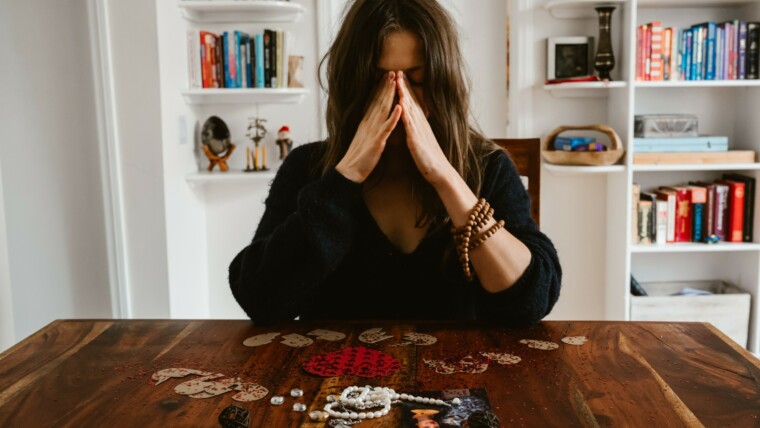

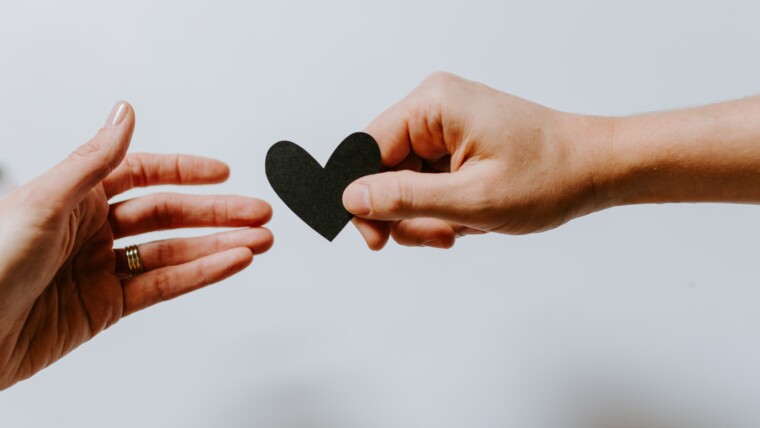
14 Replies to 14 Ways to fight anxiety
Why your child should have a tutor
Conrati nominated as a Top Environmental Consulting Company by Futurology
Get good advice
How Cognitive-Behavioural Therapy (CBT) can benefit your mental health
How to boost 8 different forms of health
Conrati nominated as a Top Environmental Consulting Company by Futurology
How social media affects mental health
Understanding Bipolar Disorder